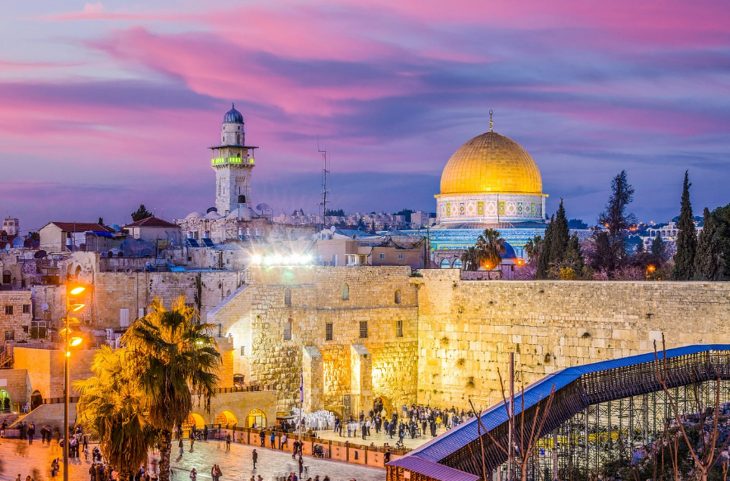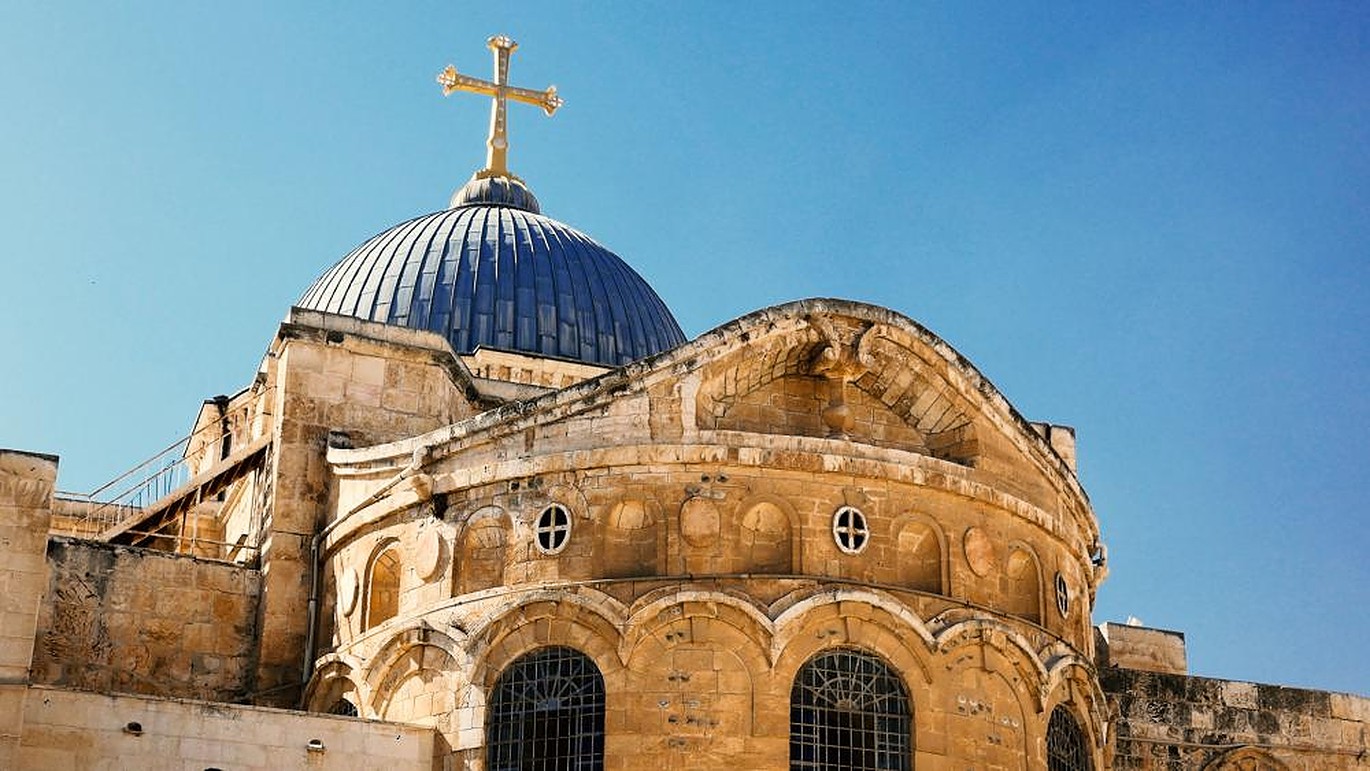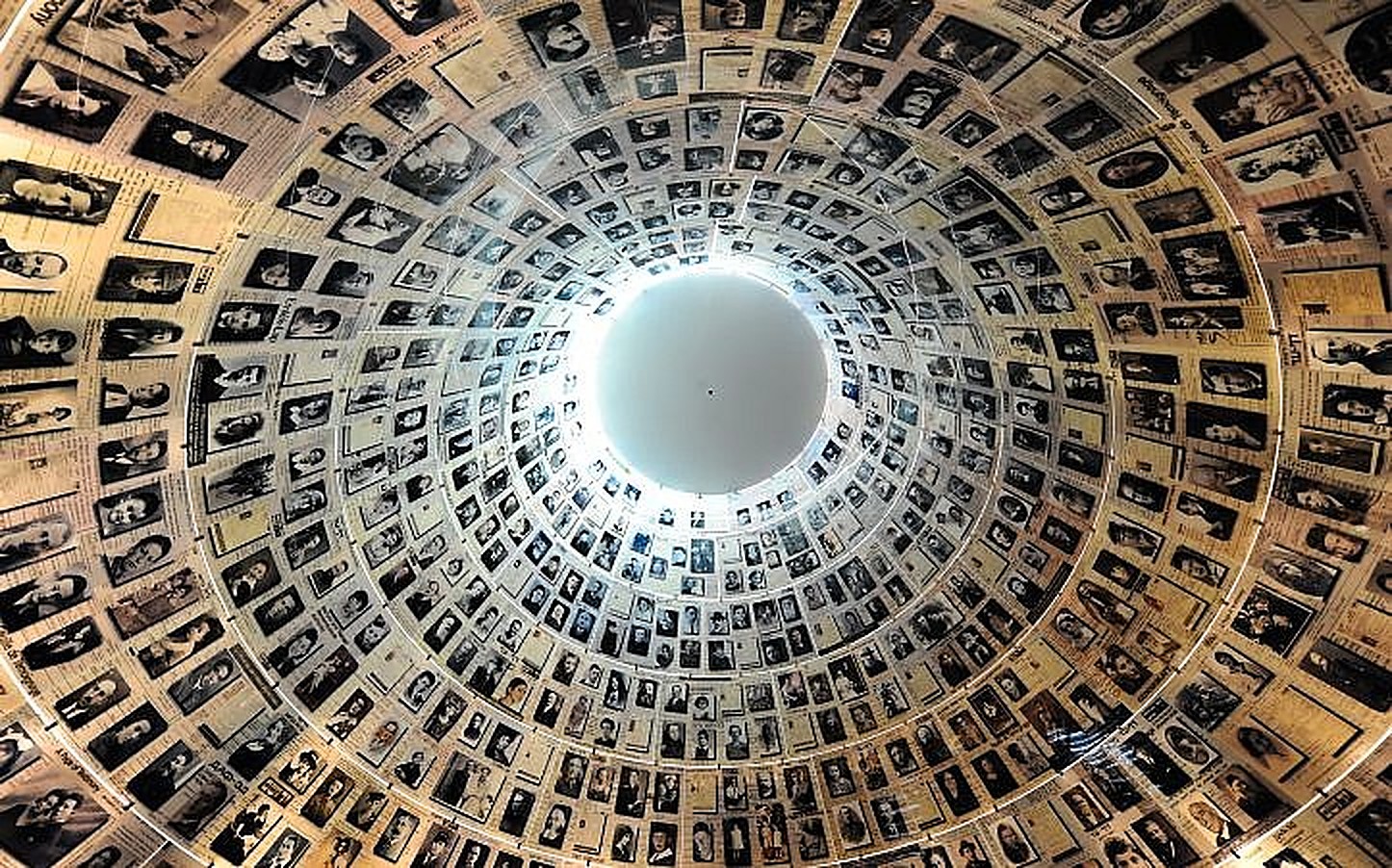
Jerusalem, the capital city of Israel, holds a special place in the hearts of many. With a history dating back thousands of years, this ancient city is a treasure trove of historical, religious, and cultural significance. In this article, we will delve into 19 fascinating facts about Jerusalem, uncovering its rich past and diverse present.
A City of Three Religions
Jerusalem is a holy city for three major religions: Judaism, Christianity, and Islam. It is home to numerous sacred sites, including the Western Wall, the Church of the Holy Sepulchre, and the Al-Aqsa Mosque, making it a place of pilgrimage for followers of these faiths.
The Old City of Jerusalem
The Old City of Jerusalem is a UNESCO World Heritage Site and a focal point of historical and religious importance. It is divided into four quarters: the Jewish Quarter, the Christian Quarter, the Muslim Quarter, and the Armenian Quarter, each with its own distinct atmosphere and landmarks.
The Western Wall
The Western Wall, also known as the Wailing Wall, is one of the most sacred sites in Judaism. It is the last remaining portion of the Second Temple and serves as a place of prayer and reflection for Jews from around the world.
The Church of the Holy Sepulchre
The Church of the Holy Sepulchre is a significant pilgrimage site for Christians. It is believed to be the place where Jesus was crucified, buried, and resurrected. The church is a complex structure, housing multiple chapels representing different denominations.

The Dome of the Rock
The Dome of the Rock is an iconic Islamic shrine located on the Temple Mount. It is adorned with intricate tilework and a golden dome, and it holds great religious and architectural significance in Islam. The shrine marks the spot where Muslims believe the Prophet Muhammad ascended to heaven.
Jerusalem’s Historical Significance
Jerusalem has a long and storied history that spans thousands of years. It has been conquered and ruled by various civilizations, including the Canaanites, Israelites, Babylonians, Persians, Romans, Byzantines, Arabs, Crusaders, Ottomans, and British.
City of David
The City of David is an archaeological site in Jerusalem that showcases the ancient origins of the city. Excavations have revealed remains dating back to the time of King David, providing insights into the city’s earliest days.
The Via Dolorosa
The Via Dolorosa, also known as the “Way of Suffering,” is a route in the Old City of Jerusalem believed to be the path Jesus walked on his way to crucifixion. It is a significant pilgrimage route for Christians, with various stations marking key events along the way.
Mount of Olives
The Mount of Olives is a prominent hill in Jerusalem that holds religious and historical importance. It is mentioned in the Bible and is associated with significant events in Christianity, Judaism, and Islam. The mount offers stunning views of the Old City.
Yad Vashem
Yad Vashem is Israel’s official memorial to the victims of the Holocaust. Located in Jerusalem, it serves as a place of remembrance, education, and commemoration, ensuring that the memory of the Holocaust is never forgotten.

The Israeli Parliament: The Knesset
Jerusalem is home to the Knesset, the Israeli parliament. It is where lawmakers gather to debate and enact legislation, shaping the country’s political landscape. The Knesset building itself is an architectural marvel.
Jerusalem’s Cultural Diversity
Jerusalem is a melting pot of cultures and religions. Its diverse population includes Jews, Christians, Muslims, Armenians, and various other communities, each contributing to the city’s vibrant and dynamic atmosphere.
The Jerusalem Light Rail
The Jerusalem Light Rail is a modern transportation system that connects different parts of the city. It offers residents and visitors a convenient way to navigate through Jerusalem’s bustling streets, linking neighborhoods and key attractions.
The Dead Sea Scrolls
The Dead Sea Scrolls, a collection of ancient Jewish texts, were discovered in the vicinity of Jerusalem. These scrolls provide valuable insights into Jewish history, religious practices, and literature from the Second Temple period.
The Garden Tomb
The Garden Tomb is a site in Jerusalem believed by some to be the location of Jesus’ burial and resurrection. It is an alternative pilgrimage destination for Christians who hold different beliefs about the exact location of these events.
Mahane Yehuda Market
Mahane Yehuda Market, also known as “The Shuk,” is a bustling open-air market in Jerusalem. It offers a sensory experience with its vibrant colors, aromas of spices and fresh produce, and a wide array of local foods and culinary delights.
The Tower of David
The Tower of David, located near the Jaffa Gate, is an ancient citadel that has witnessed Jerusalem’s history unfold. Today, it serves as a museum that showcases the city’s rich heritage through exhibits, artifacts, and interactive displays.
Jerusalem’s Festivals
Jerusalem hosts a variety of festivals throughout the year, celebrating its multicultural identity and showcasing its vibrant arts and culture scene. The Jerusalem Film Festival, the Jerusalem Light Festival, and the Jerusalem Oud Festival are just a few examples.
The Modern City of Jerusalem
Beyond its historical and religious significance, Jerusalem is a modern city with thriving neighborhoods, contemporary architecture, bustling markets, vibrant nightlife, and a diverse culinary scene. It offers a unique blend of old and new, tradition and innovation.
Conclusion
Jerusalem is a city that weaves together the threads of history, religion, and culture. It holds deep significance for billions of people around the world and continues to inspire awe and reverence. With its ancient landmarks, diverse population, and rich heritage, Jerusalem is a tapestry of stories, traditions, and spirituality that continues to captivate visitors from all walks of life.
Frequently Asked Questions (FAQs)
What is the significance of Jerusalem in Judaism?
Jerusalem is considered the holiest city in Judaism. It is home to the Western Wall, the last remaining remnant of the Second Temple, and is believed to be the location of the Temple Mount, where the First and Second Temples stood.
Why is Jerusalem important in Christianity?
Jerusalem is significant in Christianity as it is the city where Jesus was crucified, buried, and resurrected. The Church of the Holy Sepulchre and other Christian sites in Jerusalem hold great religious importance.
Why is Jerusalem important in Islam?
Jerusalem is the third holiest city in Islam. The Al-Aqsa Mosque and the Dome of the Rock, located on the Temple Mount, are revered as important Islamic sites and are associated with the Prophet Muhammad’s Night Journey.
Is Jerusalem safe to visit?
Jerusalem is generally safe to visit, but like any major city, it is important to exercise caution and be aware of your surroundings. It is advisable to stay informed about the current political situation and follow any travel advisories issued by your country.
Can I visit all religious sites in Jerusalem?
Yes, many religious sites in Jerusalem are open to visitors, regardless of their faith. However, it is important to respect the customs and practices associated with each site. Modest attire and appropriate behavior are generally expected when visiting religious sites.
Was this page helpful?
Our commitment to delivering trustworthy and engaging content is at the heart of what we do. Each fact on our site is contributed by real users like you, bringing a wealth of diverse insights and information. To ensure the highest standards of accuracy and reliability, our dedicated editors meticulously review each submission. This process guarantees that the facts we share are not only fascinating but also credible. Trust in our commitment to quality and authenticity as you explore and learn with us.
